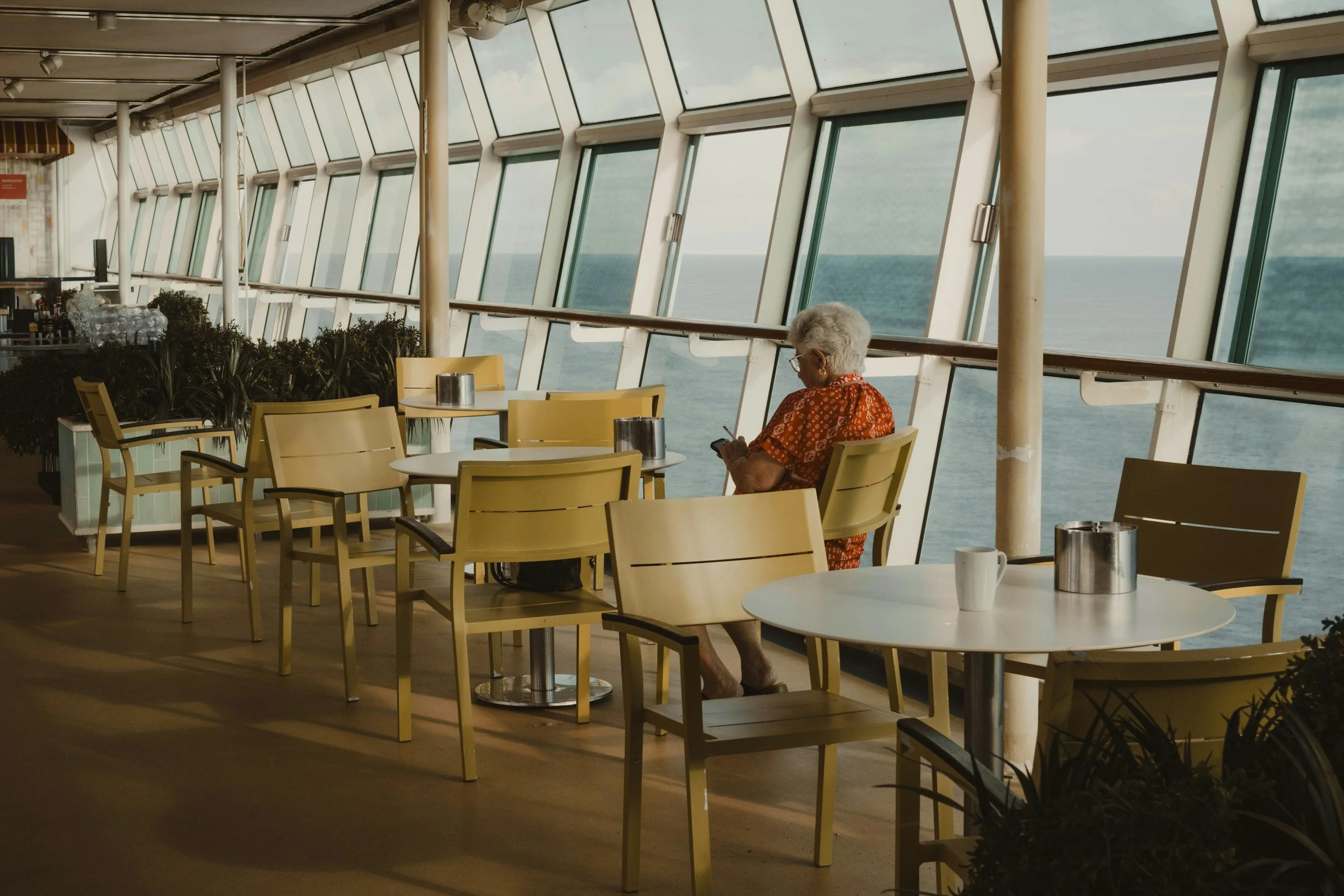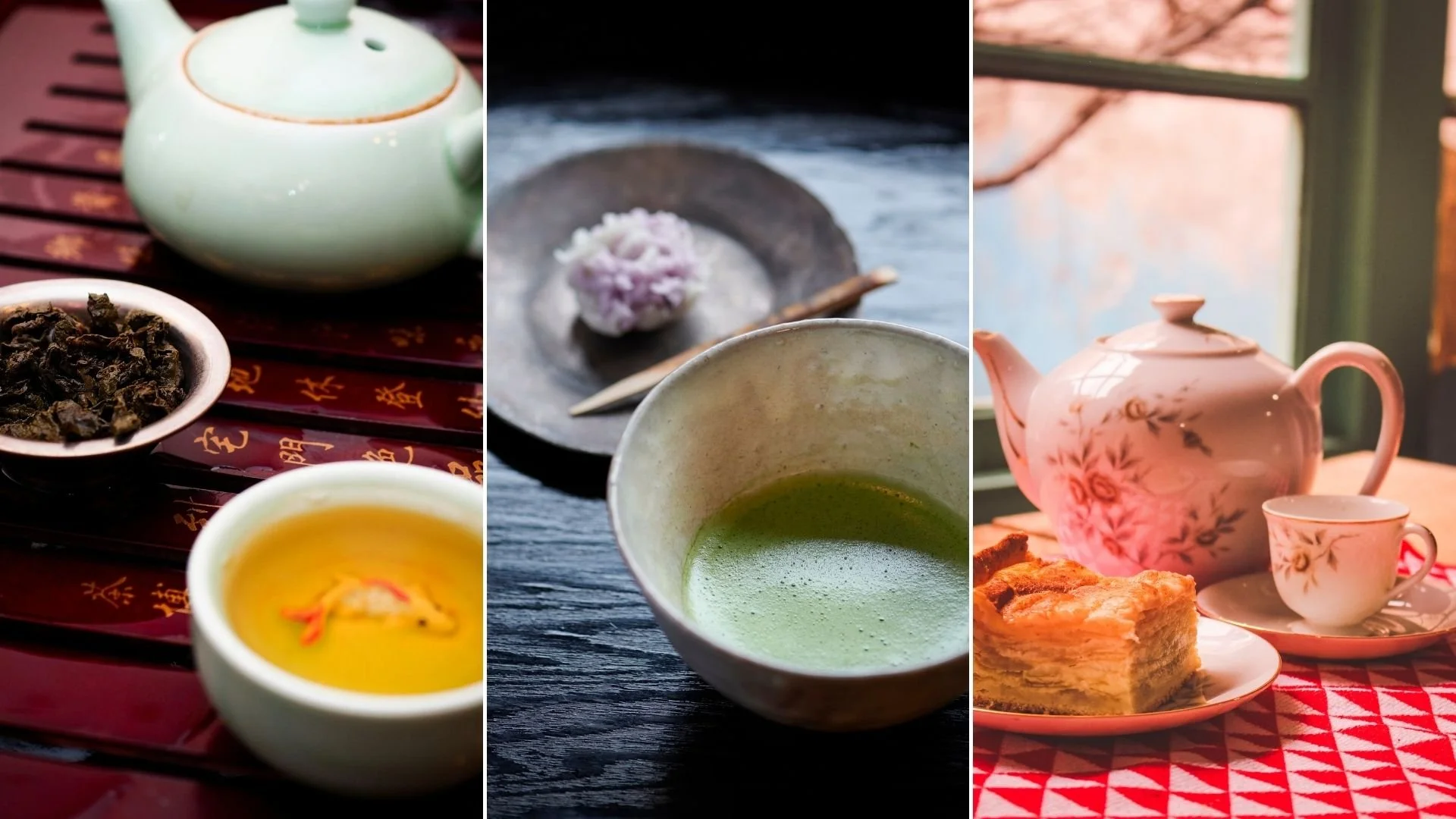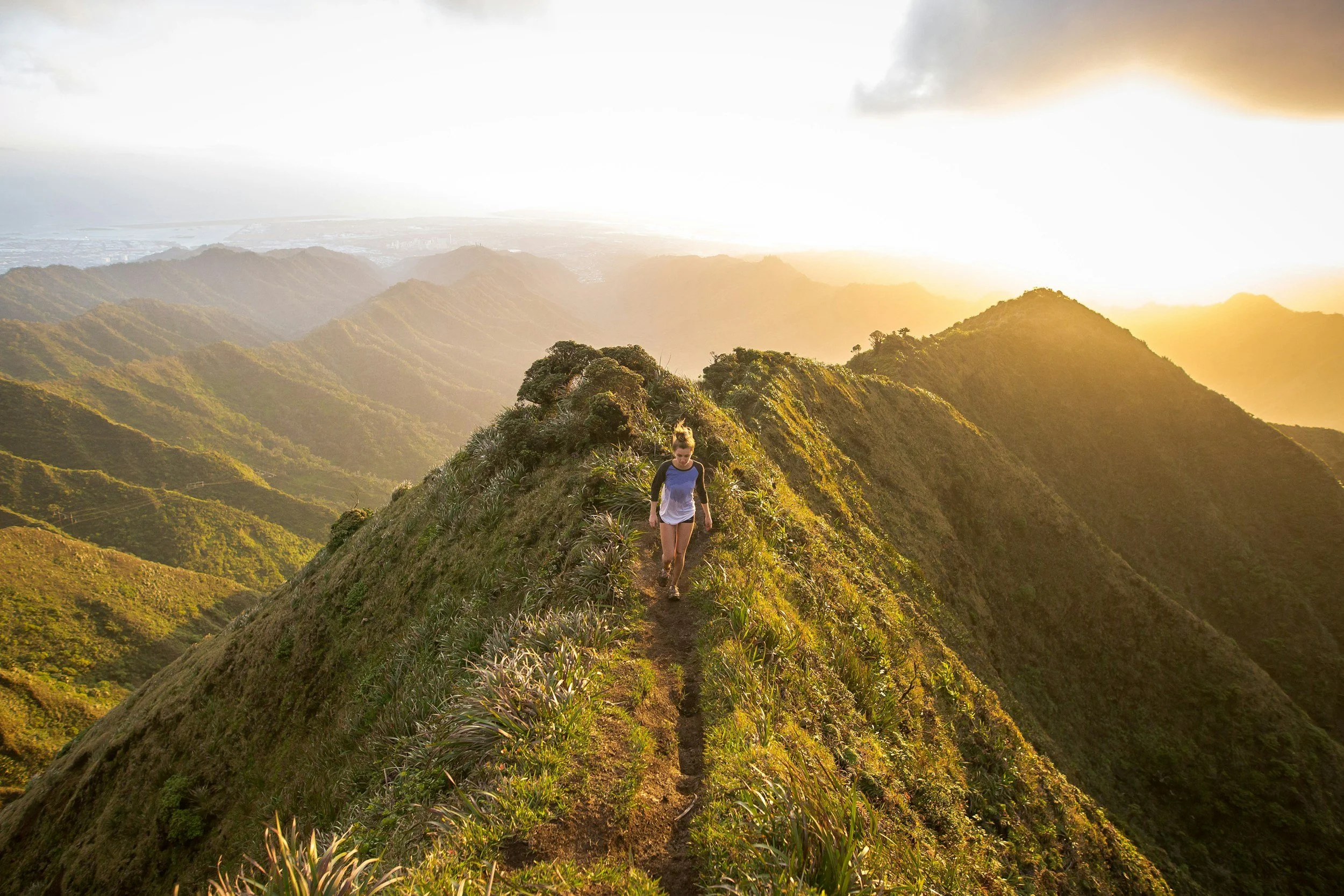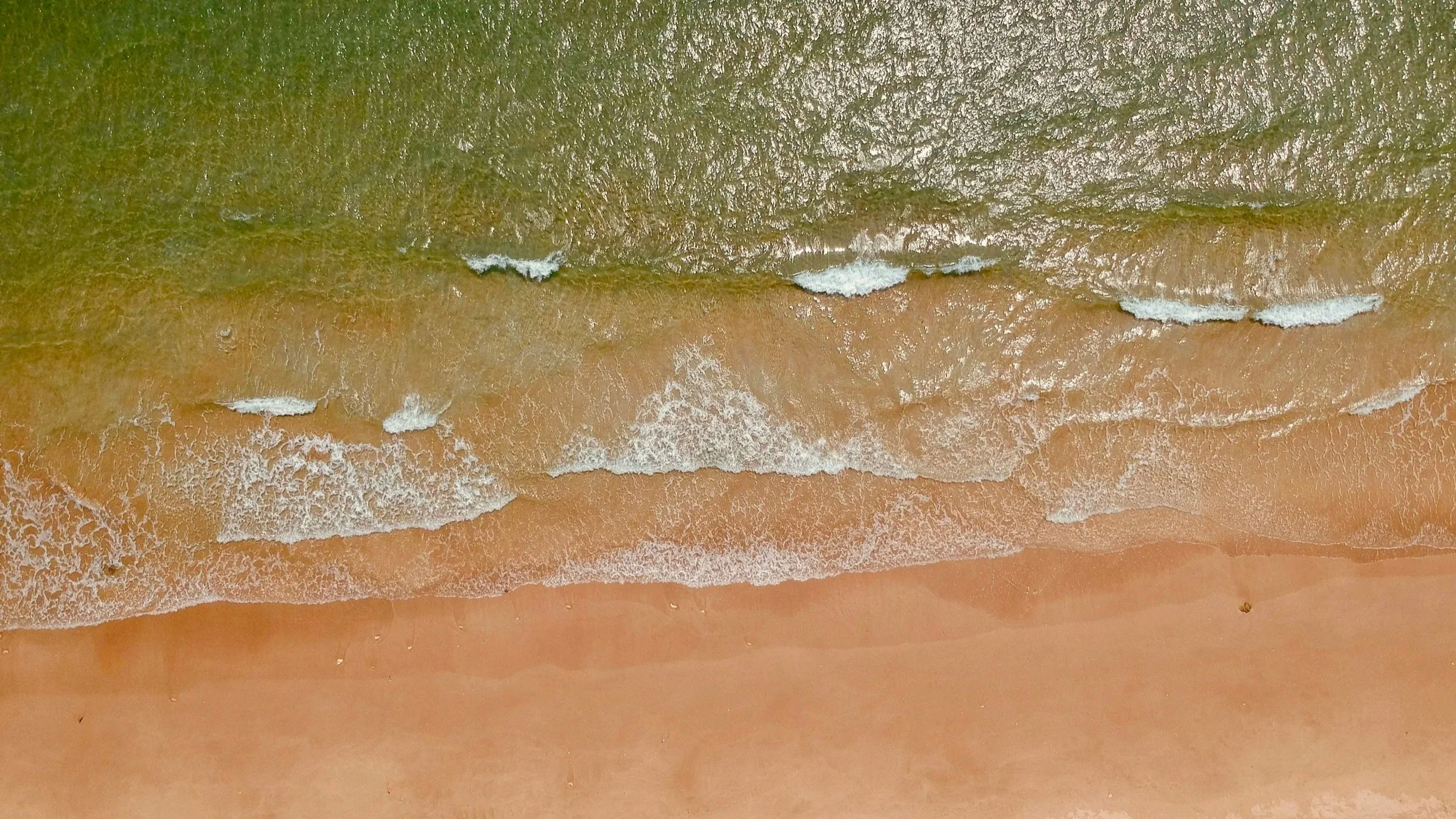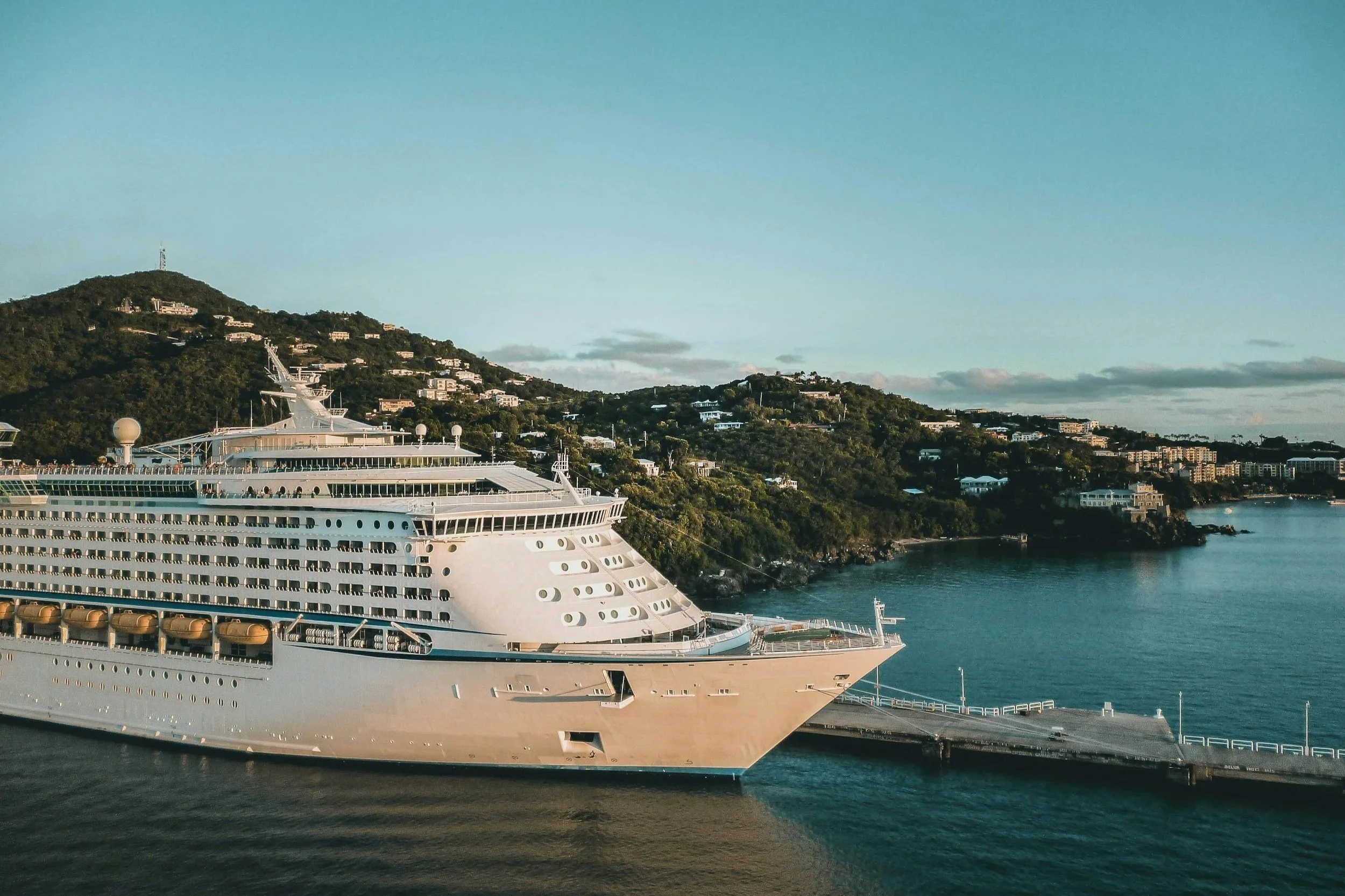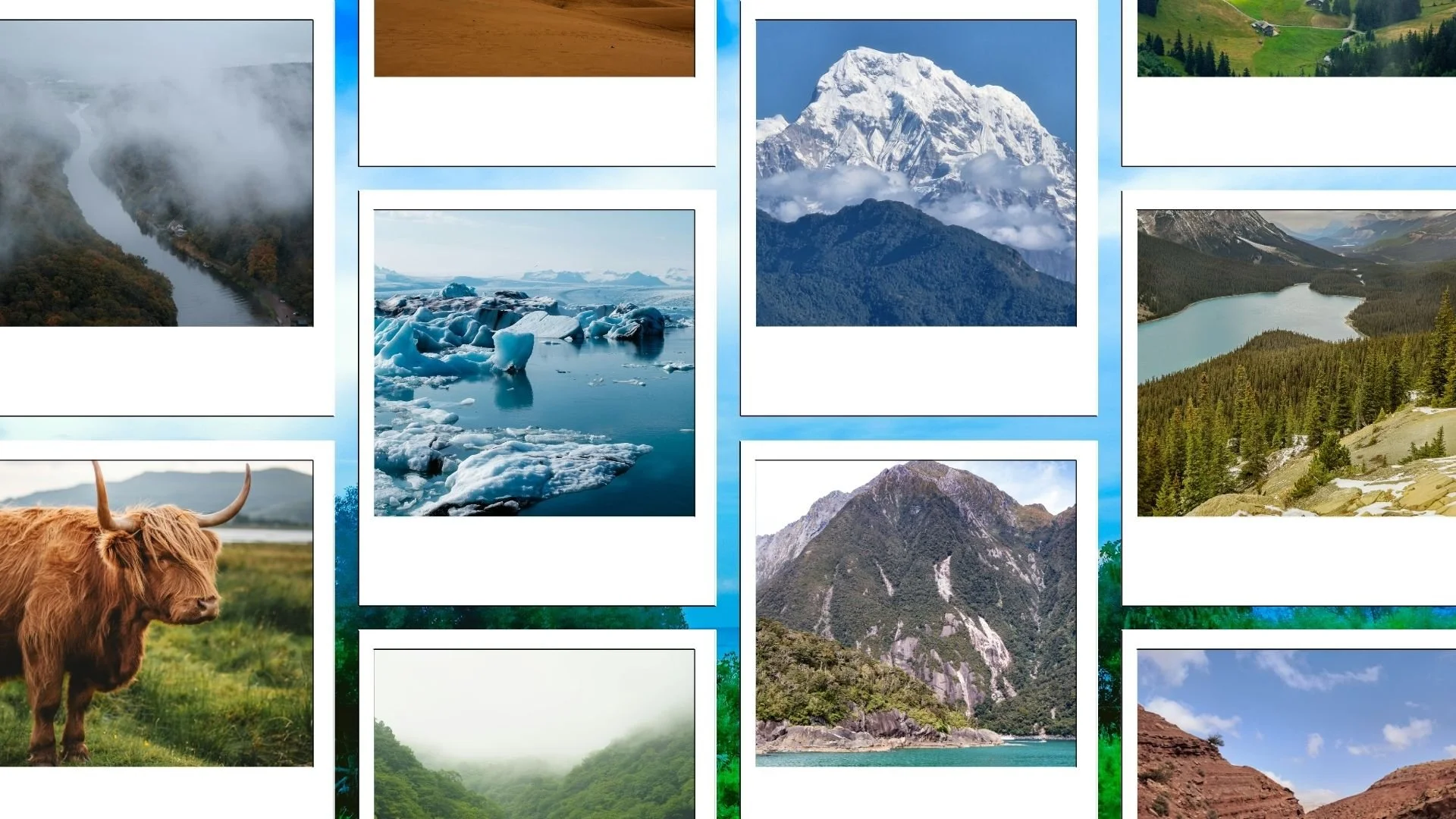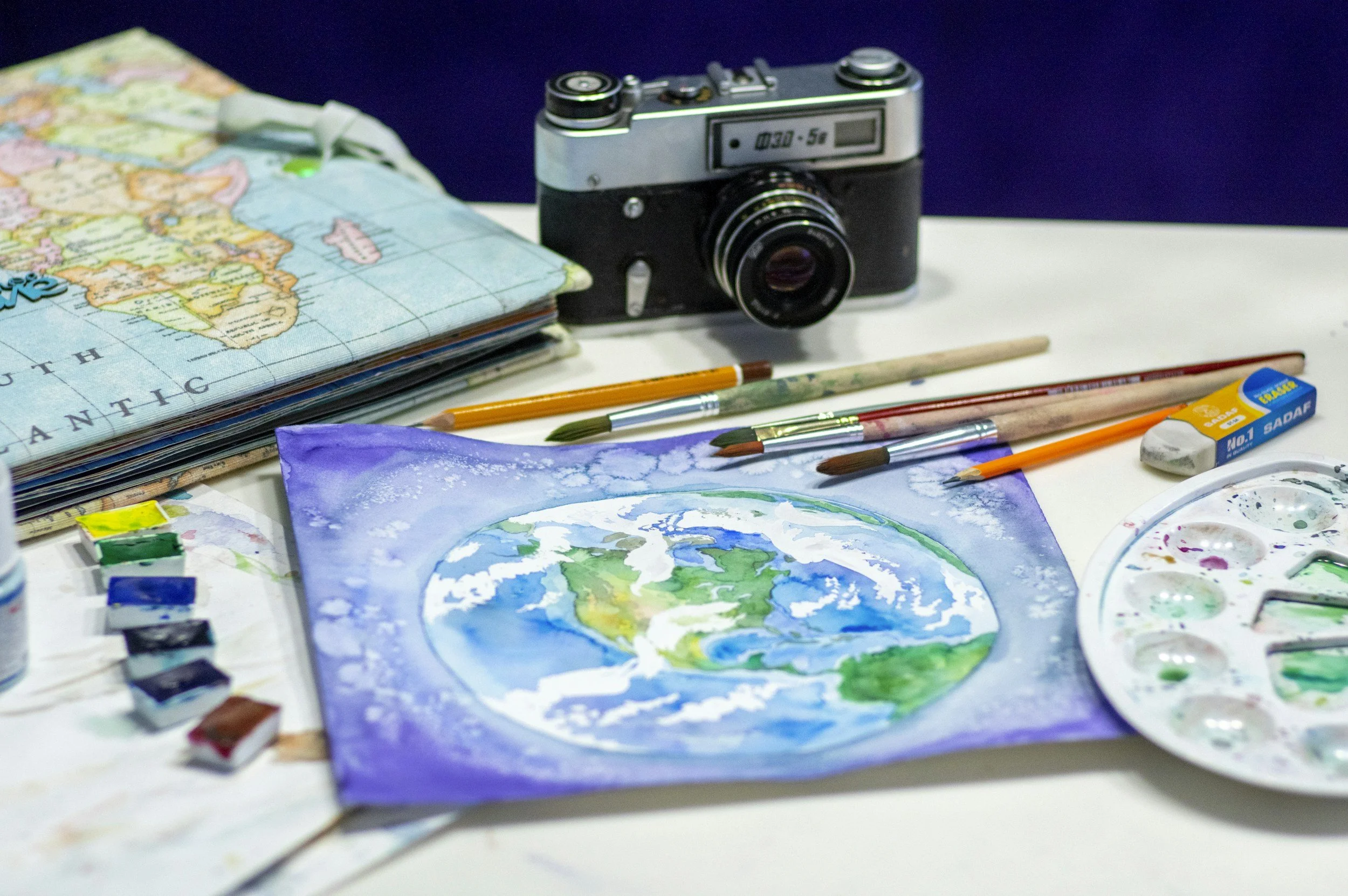8 Money & Wealth Lessons I Learned Through Travel
I didn’t plan to become better with money. My plan was to work on cruise ships, see the world, and send as much of my salary home as I could.
Compared to what I’d earn in a land-based job back in Malaysia, cruise ship work paid well. It was the first time I had a steady income that felt like more than just survival. For a while, I thought that was all I needed.
But lessons about money and wealth don’t always come from what shows up in your bank account. They show up in less obvious ways – through conversations in the crew mess, through watching how people live in different parts of the world, and through noticing your own habits when you’re far from home.
I wasn’t exactly a tourist. My version of travel came with uniforms, long contracts, and short windows of shore leave. But moving between countries, currencies, and conversations changed the way I thought about money, wealth, and what counts as success.
In the years I’ve spent working at sea, here’s what travel has taught me about how we earn, save, spend, and value what we have.
1. Earning more doesn’t fix bad spending habits
When my first cruise contract paid out, I felt rich. I splurged on fashion, nice meals ashore, and souvenirs that filled my cabin drawer.
At some point, I realised that earning more didn’t mean I was spending better. I learnt to pause before hitting “buy,” ask myself if the purchase aligned with my goals, and redirect that cash toward something that actually mattered – like extra shore leave or sending more home.
2. You can live large on a small budget
In port cities from Manila to Ho Chi Minh City, I watched locals thrive on daily incomes that wouldn’t even cover my coffee onboard. Street food stalls, open‑air markets, and local buses didn’t feel like deprivation; they felt like immersion.
Shifting from cruise‑ship prices to local ones stretched my savings without skimping on experience. I wasn’t going without. I was choosing to spend smart.
3. Learning what’s enough is a kind of financial freedom
I met two kinds of people on the ship: those chasing more – more shore leave, more shore spending – and those who said, “I’ve got what I need,” and walked away. The latter group always seemed calmer.
I started asking myself, “Do I have enough savings to feel secure?” Not rich, just okay. Once I found that point, I began to feel less anxious.
Like minimalism, learning “enough” helped me stop chasing more.
4. Time off is more valuable than overtime
Contracts can run six months (or ten months for most of my fellow crew mates) with a single four-week break. I quickly learnt that an extra hour on deck watching the sunset was worth more than any gift shop.
I wanted to budget my time like I budgeted my money – to protect it, spend it wisely, and save it where I could. More hours didn’t always mean more progress – just less of myself left outside of work.
(I still worked overtime, sometimes because I felt expected to, other times because I didn’t know what else to do alone in my cabin. But that’s another story.)
5. Minimalism isn’t deprivation
Living out of a cabin meant I had to choose every item carefully. A single carry‑on backpack forced me to weigh practicality over impulse.
That same mindset translated to spending: Do I really need that new travel pillow? Or can I repurpose what I already own?
When I treated money the way I treated my limited luggage space – by prioritising essentials – I made fewer wasteful purchases and gained more freedom.
6. Saving quietly works better than showing off
I watched some crew brag about big spend days, fancy purchases, or designer finds. But the ones who quietly set aside part of their salary, who skipped the usual spending splurges and focused on saving, ended up with the strongest safety nets, and the most options.
I adopted their habit: set aside a fixed percentage the moment payday hit, and live on the rest. The routine took away decision fatigue and accelerated my savings faster than any budget app.
7. Wealth is the freedom to choose
I used to think wealth meant a high salary. Over time, I realised it’s more about having choices, like when to take a break, whether to extend your stay after a contract, or how long you can go without rushing into the next job.
I saved as much as I could from my contracts, but my choices were shaped by obligations I didn’t often talk about. I didn’t take extra days off in port or book long vacations before flying home. If my situation were different – if there wasn’t debt waiting at home – I probably would have.
That’s what wealth is to me now: not luxury, but the space to rest, to delay decisions, and to choose what’s best for you without fear of what it’ll cost.
8. Some of the richest moments are free
Some of my best memories cost almost nothing: hiking off the beaten path, soaking in crisp autumn and winter air I’d never felt at home, or watching the horizon during lookout just in case dolphins showed up (because a friend said he’d seen them once).
I didn’t always find what I was looking for, but the act of looking made the day feel fuller.
Whether it was pausing to watch the clouds shift at sea or finding quiet on a forest trail, those were the moments that reminded me: wealth isn’t always about earning or saving. Sometimes it’s just noticing that you’re here, and that’s enough.
Working on cruise ships gave me more income than I could find easily on land, but the real payoffs came from how travel reshaped my money mindset.
I discovered that controlled spending habits, smart saving routines, and a willingness to live simply could turn a middling salary into genuine wealth. Most importantly, I learnt that true wealth is the freedom to choose where you spend your time, the confidence to know when you have enough, and the gratitude to appreciate the little things.
If you’re planning your own journey – whether at sea or on land – remember this: money can buy comfort, but only the lessons of travel can teach you what comfort really means.

